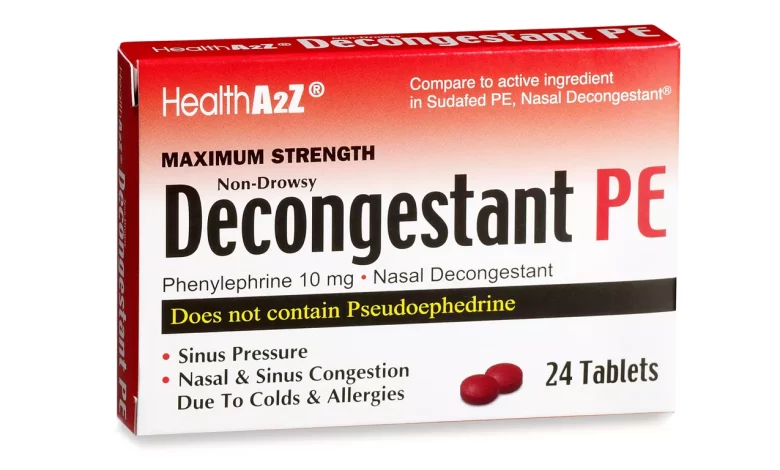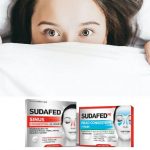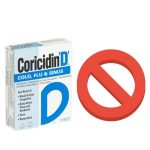Is It Safe To Take 20 Mg Of Phenylephrine?

Phenylephrine is a widely used medication known for its effectiveness in treating nasal congestion, sinus problems, and various other conditions. It belongs to a class of drugs called sympathomimetic agents, which work by constricting blood vessels and reducing swelling in nasal passages.
The development of phenylephrine dates back to the early 20th century. Its development can be traced to the pioneering work of Japanese chemist Nagai Nagayoshi, who, in 1889, first synthesized ephedrine, a compound derived from the Ephedra plant. Ephedrine’s potent ability to relieve nasal congestion made it a popular medication for respiratory ailments. However, due to its potential side effects on the cardiovascular system, researchers sought to find a safer alternative with comparable decongestant properties.
The breakthrough came in 1930 when British pharmacologist Sir Henry Dale and his colleagues successfully isolated and identified phenylephrine as a naturally occurring phenolic alkaloid. Derived from m-hydroxyphenylethanolamine, phenylephrine exhibited potent vasoconstrictive properties, making it a promising candidate for nasal decongestion without the undesirable effects on the heart. This discovery led to the synthesis of phenylephrine as a pharmaceutical compound, and by the 1940s, it was already in use as a nasal decongestant in various over-the-counter medications.
Over the years, phenylephrine’s applications expanded beyond nasal decongestion. Its vasoconstrictive properties proved valuable in various medical procedures, such as reducing blood flow during surgical interventions and managing low blood pressure. Additionally, phenylephrine found its way into eye drops for dilating pupils during ophthalmological examinations and addressing certain eye conditions. The versatility of phenylephrine as a safe and effective sympathomimetic agent further solidified its position as a staple in the medical and pharmaceutical industry.
While it is generally considered safe when used as directed, concerns may arise when considering taking 20 mg of phenylephrine. This article aims to explore the safety aspects of such dosage and provide insights into the potential risks and benefits.
Understanding Phenylephrine
Phenylephrine is available in various formulations, including oral tablets, nasal sprays, and eye drops. It is commonly used to relieve nasal congestion caused by allergies, the common cold, or sinus infections. The typical recommended dosage of phenylephrine ranges from 2.5 mg to 10 mg, depending on the formulation and the specific condition being treated.
Dosage and Safety Concerns
The recommended dose for phenylephrine is typically much lower than 20 mg. Taking a higher dose than prescribed or recommended can lead to several potential side effects and health risks. Common side effects of phenylephrine include increased heart rate, elevated blood pressure, headaches, nervousness, dizziness, and difficulty sleeping. At 20 mg, these side effects may become more pronounced and may also include tremors, anxiety, and gastrointestinal disturbances.
The emergence of alternative decongestants and the potential risks associated with higher doses of phenylephrine have prompted healthcare professionals to be cautious and prescribe it judiciously.
Individual Sensitivity
An essential consideration when taking any medication is individual sensitivity. Some people may be more sensitive to phenylephrine, even at lower doses, experiencing severe side effects or allergic reactions. People with underlying health conditions, such as heart disease, high blood pressure, thyroid disorders, or diabetes, may be at higher risk of adverse reactions with higher doses of phenylephrine.
Interactions with Other Medications
Another significant concern when considering a higher dosage of phenylephrine is the potential for drug interactions. Phenylephrine can interact with certain medications, including monoamine oxidase inhibitors (MAOIs), tricyclic antidepressants, and beta-blockers, leading to dangerous increases in blood pressure or other adverse effects.
Overdose Risk
Taking a higher dose of phenylephrine significantly increases the risk of overdose. Symptoms of overdose may include severe headache, rapid or irregular heartbeat, hallucinations, seizures, and even life-threatening situations like heart attack or stroke. It is crucial to seek immediate medical attention if an overdose is suspected.
Safer Alternatives
Given the potential risks associated with a 20 mg dose of phenylephrine, it is wise to explore safer alternatives, especially if over-the-counter phenylephrine products are the primary concern. Nasal saline rinses, humidifiers, and non-medicated decongestant nasal sprays can often provide relief from nasal congestion without the potential side effects of higher doses of phenylephrine.
Consulting a Healthcare Professional
Before considering any change in medication dosage, especially for over-the-counter medications like phenylephrine, it is essential to consult with a healthcare professional. They can assess individual health conditions, potential drug interactions, and provide personalized guidance on safe and effective treatment options.
Conclusion
Phenylephrine is a commonly used medication for nasal congestion and related conditions. While it is generally safe when used as directed, taking a higher dosage like 20 mg may pose significant risks, including severe side effects, drug interactions, and potential overdose. It is crucial to adhere to recommended dosages, consult a healthcare professional, and explore safer alternatives to manage nasal congestion effectively and safely. Health and well-being should always be prioritized, and informed decisions play a crucial role in achieving that balance.





